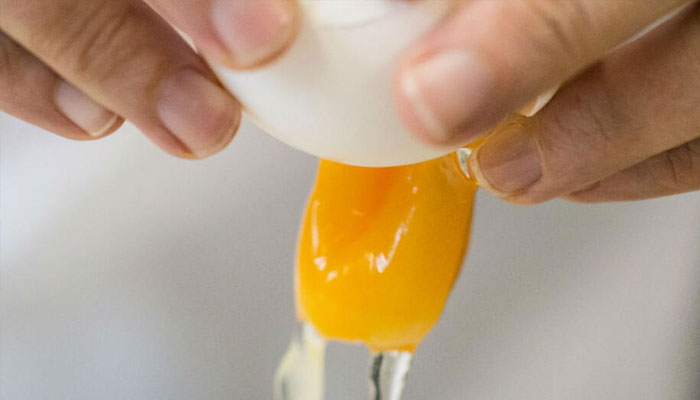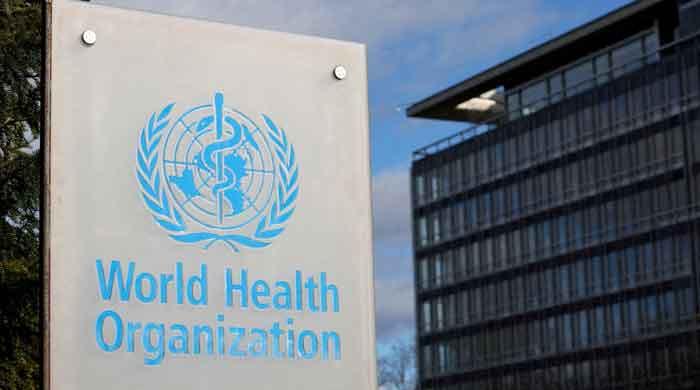Egg yolks are bad for health? Myth busted as they contain these 10 key vitamins
Just two eggs are believed to meet 30% of the daily vitamin requirements
March 11, 2024

Just two eggs are believed to meet 30% of the daily vitamin requirements and contrary to the misconception that egg yolk is high in unhealthy fats, doctors emphasise its rich nutritional value, as they contain the key vitamins mentioned below, Times of India reported.
Vitamin A
Vitamin A, present as retinol in egg yolks, aids visual pigment production in the retina, protecting against age-related macular degeneration and night blindness.
Vitamin D
Crucial for maintaining optimal bone density and supporting immune function, egg yolks also serve as a natural source of Vitamin D.
Vitamin E
Various forms of Vitamin E are found in egg yolks, and they contribute to improved cardiovascular health, skin health, and protect against UV-induced damage.
Vitamin K
Present in the form of phylloquinone, Vitamin K aids in blood clotting and maintains bone density.
Vitamin B2
Eggs yolks are also rich in Riboflavin (Vitamin B2) which is essential for metabolic processes, including red blood cell production, skin, eye, and nervous system health.
Vitamin B6
Pyridoxine (Vitamin B6) supports neurotransmitter synthesis, critical for cognitive function and mood regulation.
Vitamin B12
Egg yolks also contain Vitamin B12, vital for nerve health and cognitive function.
Vitamin B9
Folate (Vitamin B9) in egg yolks is crucial for fetal development during pregnancy.
Vitamin B5
Pantothenic acid (Vitamin B5) is involved in energy metabolism and the synthesis of fatty acids, cholesterol, and hormones.
Vitamin B8
Additionally, eggs provide Vitamin B8 or inositol, essential for fertility, cell signaling, nerve transmission, and lipid metabolism.











